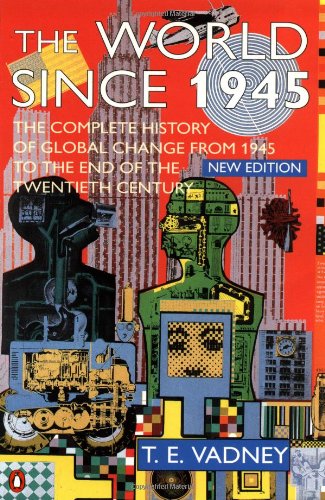The Thing From Another World (1951, USA)
The scientists at the Arctic research station believe the frozen alien they have found in a crashed flying saucer may be a superior being, who has come to Earth to share of his emotionless wisdom. But the soldiers know that when one encounters something unknown or abnormal, some .. alien thing, you have to shoot it and burn it and stamp on it until it’s dead dead dead, or it will do the same to you. Watched it all.
The Golden Horde (1951, USA)
English crusaders head out east to save Samarkand from Genghis Khan. Hey wait a minute.. Watched: 10 minutes. This is remarkably stupid, but kind of impressive in its utter disregard for history. (Oh, and there’s an obligatory decadent banquet scene!)
Dårskapens hus (1951, Sweden)
It’s quite possible that this mash-up by Hasse Ekman of clips from his own movies is hilarious. The intro certainly is. As for the rest, it is possibly hilarious. I’m not laughing, but yes, there is a distinct possibility of its having this effect on viewers at the time. Watched: 11 minutes.
Penny Points to Paradise (1951, UK)
Yes, it’s comforting to know that Peter Sellers has teamed up with Spike Milligan at this point. They’re not funny yet, but it’s comforting. A sign that, all in all, the world is taking a turn for the better. Watched: 13 minutes.












